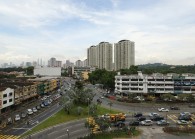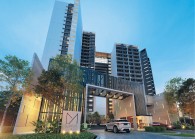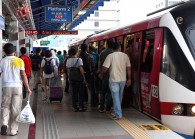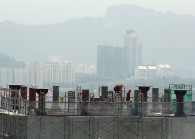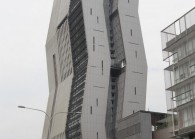PROPERTY SNAPSHOT 1: Values hold in Jalan Ipoh
This week, the spotlight falls on the secondary market of non-landed residences along one of Kuala Lumpur’s oldest arterial roads, Jalan Ipoh. We examine the stretch of Jalan Ipoh beginning from the intersection with the Middle Ring Road 2 at the north, passing the neighbourhoods of Jinjang, Batu, and Segambut, to terminate at the intersection with Jalan Tun Razak in Sentul. In 2014, the southern half of Jalan Ipoh had been renamed Jalan Sultan Azlan Shah.

